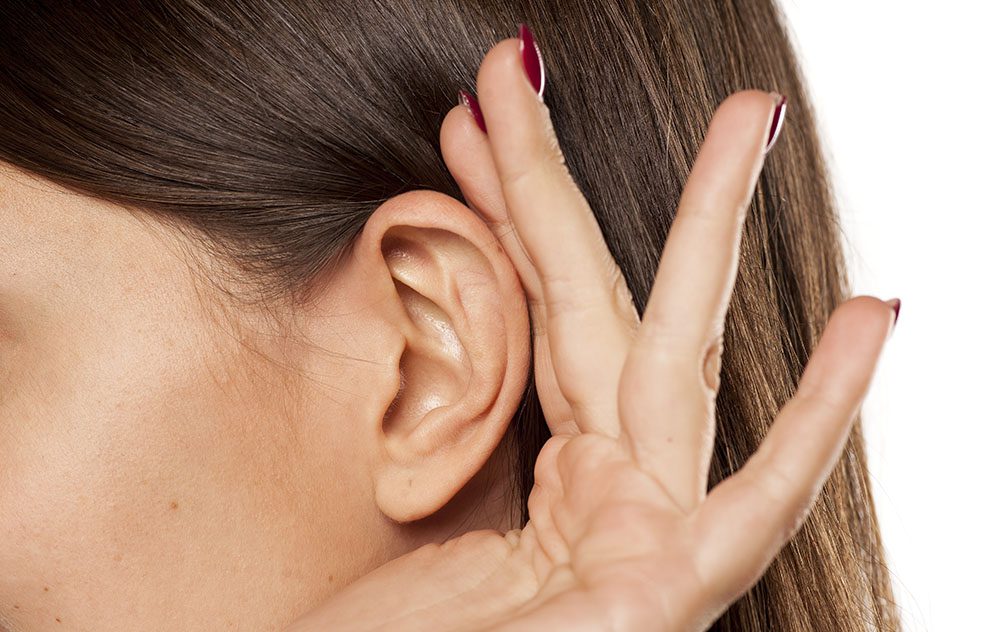Understanding the Psychological Impacts of Hearing Loss
Like a lot of events in life, living with hearing loss can have a


Like a lot of events in life, living with hearing loss can have a

Our day-to-day life is filled with noise – from the hum of regular

Hearing aids are an excellent way for nearly 30-million Americans to